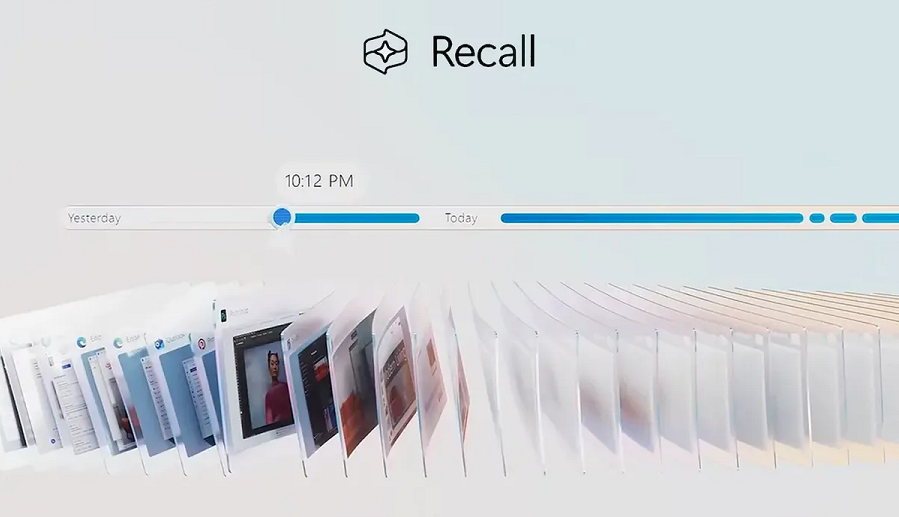 AI
AI
 AI
AI
 AI
AI
Microsoft Corp. has pushed back the release date of Recall, an upcoming Windows 11 feature that will enable users to more quickly find files and applications they accessed in the past.
The company announced the decision in a late Thursday update on the official Windows blog. The move comes after Recall drew criticism from some cybersecurity researchers, as well as regulatory scrutiny in the U.K., over the way it processes user data.
Microsoft originally detailed Recall in May alongside the announcement of its Copilot+ program for personal computer manufacturers. Under the program, Windows devices that meet certain hardware requirements will receive several new artificial intelligence features. Recall is one of those capabilities.
The feature was originally set to become available on June 18, the day the first PC+ computers are slated to launch. On its Thursday update, Microsoft revealed that Recall is no longer scheduled to roll out that day. The company now plans to test the feature through its Windows Insider program before releasing it.
Windows Insider allows users to test updates to Windows before they become generally available. The program gives developers an opportunity to review operating system changes that may affect their software. Additionally, it enables consumers to submit feedback about new Windows capabilities directly to Microsoft developers.
“Recall will now shift from a preview experience broadly available for Copilot+ PCs on June 18, 2024, to a preview available first in the Windows Insider Program (WIP) in the coming weeks,” Pavan Davuluri, the corporate vice president of Microsoft’s Windows + Devices group, wrote in the Thursday update. “Following receiving feedback on Recall from our Windows Insider Community, as we typically do, we plan to make Recall (preview) available for all Copilot+ PCs coming soon.”
Recall takes a snapshot of the user’s screen every five seconds and saves it in a library. From there, a built-in AI model extracts any text that the snapshots may contain and analyzes it to understand what the user is doing. Consumers can ask Recall to find a file, webpage or application they accessed in the past and the tool will find screenshots of the described asset.
The day after Microsoft introduced Recall in May, the U.K.’s privacy watchdog announced that it’s “making enquiries” with the company about the feature. Shortly thereafter, a number of cybersecurity researchers flagged several weak points in the capability’s implementation.
Recall stores the text it extracts from screenshots in an open-source database called SQLite. The researchers who analyzed the feature determined that SQLite doesn’t encrypt this text at rest and in transit. As a result, hackers who install malware on a user’s device could potentially read the contents of the database.
In response to the findings, Microsoft announced a series of changes designed to make Recall more secure. The company is encrypting the tool’s embedded SQLite database and will require users to sign in using Windows Hello, a biometric authentication feature, before accessing screenshots. For added measure, Microsoft is turning Recall into an opt-in feature that will be disabled by default on Windows devices.
Support our mission to keep content open and free by engaging with theCUBE community. Join theCUBE’s Alumni Trust Network, where technology leaders connect, share intelligence and create opportunities.
Founded by tech visionaries John Furrier and Dave Vellante, SiliconANGLE Media has built a dynamic ecosystem of industry-leading digital media brands that reach 15+ million elite tech professionals. Our new proprietary theCUBE AI Video Cloud is breaking ground in audience interaction, leveraging theCUBEai.com neural network to help technology companies make data-driven decisions and stay at the forefront of industry conversations.